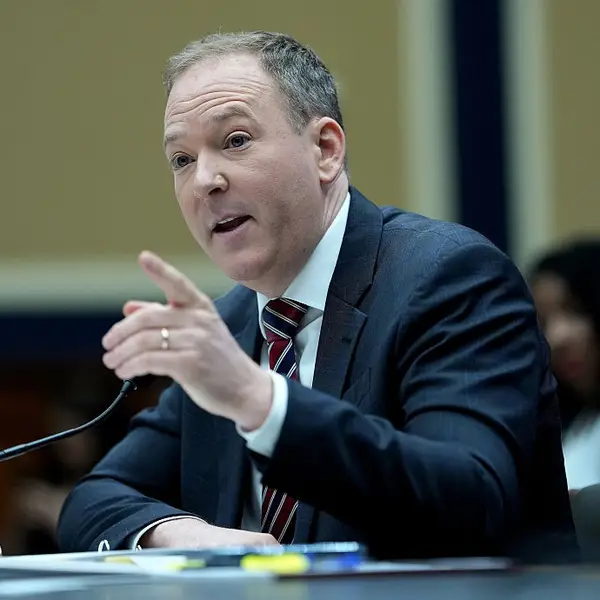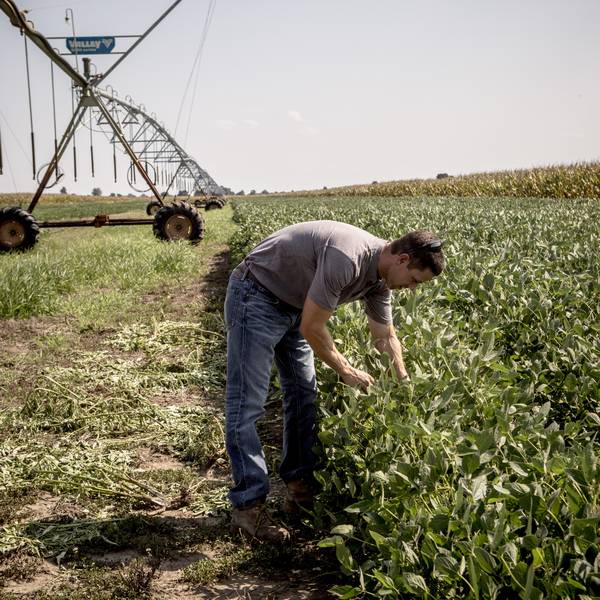The U.S. Department of Agriculture's decision this week to approve two new genetically engineered crops is being denounced by watchdog groups as a false solution to herbicide-resistant weeds and a move that threatens human and environment safety alike.
The crops are Dow AgroSciences' Enlist corn and soybeans, engineered to be resistant to its Duo herbicide, which contains 2,4-D, a component of the notorious Agent Orange. 2,4-D has been linked to Parkinson's, birth defects, reproductive problems, and endocrine disruption. Dow states that the new system will address the problem of weeds that have become resistant to glyphosate, the active ingredient in Monsanto's widely-used Roundup.
Food and environmental safety groups, however, say that it speaks to the failure of the genetically engineered crops strategy that fosters herbicide expansion--profitable for the chemical companies--and ignores the paradigm shifted needed in the industrial agriculture system.
"With this approval comes millions of more pounds of toxic herbicides dumped onto our land; it's an unacceptable outcome," said Andrew Kimbrell, executive director for Center for Food Safety. His group noted that the USDA analysis acknowledges that the crops could lead to as much as a 7-fold increase in agricultural use of 2,4-D by 2020, and this, Kimbrell stated, "will only spur the evolution of yet more herbicide-resistant weeds."
Ronnie Cummins, international director of the Organic Consumers Association and its Mexico affiliate, Via Organica, issued a similar warning, stating, "The USDA's approval of these crops is proof that today's destructive, industrial agriculture model, based on a system of genetically engineered mono-crops, is a failure."
"Farmers have been sold the lie that they can increase yields and prevent crop failure from weeds by buying Monsanto's and Dow's GMO seeds and dousing them in toxic poisons, also manufactured and sold by Monsanto and Dow," Cummins continued. "But just as scientists predicted, these 'miracle' crops are evolving to resist the poisons thrown on them, causing the USDA and the EPA to approve increasingly toxic poisons to fight increasingly resistant weeds. Where does the escalation end?"
"We need a new direction for our agricultural system, not increased reliance on chemicals." Kimbrell added.
The Center for Food Safety and the Pesicide Action Network added that their groups would pursue legal options to stop the crops' threats to communities.
The Enlist Duo herbicide meant to be used in combination with the new crops is still waiting for approval from the EPA. Despite widespread outcry, Dow said in a press statement that the approval "is expected in the near future."



